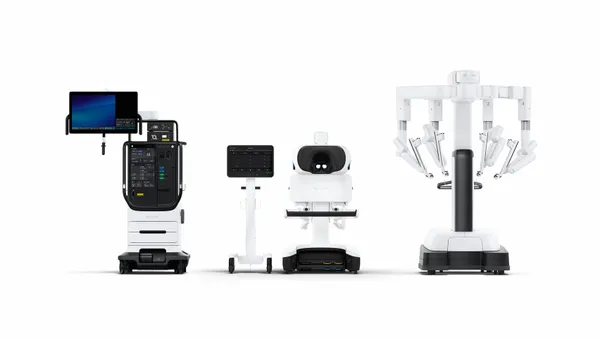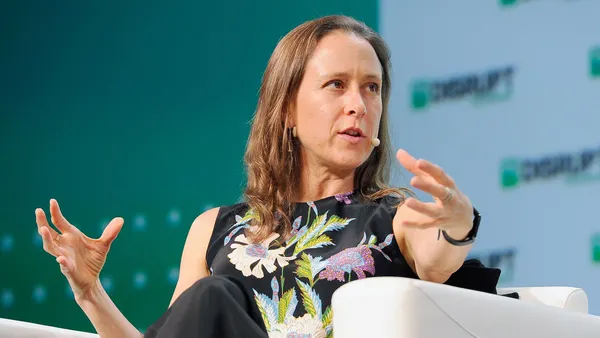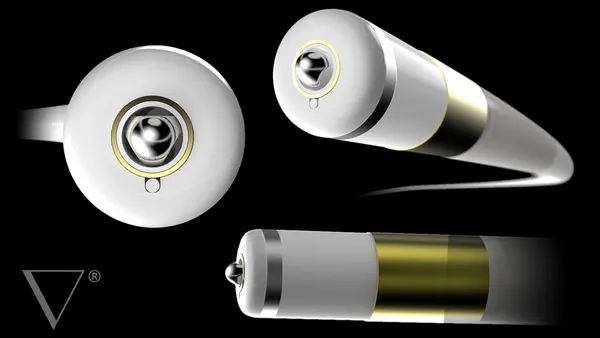Dive Brief:
- Language buried in the Senate’s fiscal 2020 Labor-HHS appropriations report released Wednesday directs CMS to boost Medicare reimbursement for device-based opioid alternatives, a potential benefit to medical device companies if the package passes Congress.
- The appropriations legislation, which has been mired in a dispute between Republicans and Democrats over abortion policy and related funding for construction of the border wall, does not appear to have immediate support for passage. House Appropriations Committee Chairwoman Nita Lowey, D-N.Y., introduced a continuing resolution Wednesday, which Senate Appropriations Committee Vice Chairman Leahy, D-Vt., threw support behind.
- Still, the inclusion of the report language shows the medical device industry is seeking congressional backing to force Medicare to increase payment for the devices after CMS rejected the idea in its Hospital Outpatient Prospective Payment System proposed rule in August.
Dive Insight:
AdvaMed and specific device companies have spent considerable time lobbying the government to boost reimbursement for devices they argue can help reduce or cease opioid prescriptions.
In May, Smiths Medical met with the White House Office of Management and Budget to lobby for a policy that would not base payment for continuous peripheral nerve block use of an ambulatory infusion pump on a bundled payment.
CMS’ proposed rule rejected the effort by the device industry, saying its own analysis found no evidence the bundled payment discouraged use of non-opioid treatments for pain management. The Medicare Payment Advisory Commission released a report to Congress in March finding hospitals already select more expensive options for clinical reasons, adding there is not a clear indication Medicare’s policy discriminates against non-opioids.
Now, Congress is getting involved, with the largely Republican-shaped report expressing concern “certain non-opioid alternatives are not adequately reimbursed by the Medicare program.” It is unclear which lawmakers supported the inclusion of the language.
“The Committee encourages CMS to consider payment adjustment through the calendar year 2020 Outpatient Prospective Payment System rulemaking for non-opioid devices consistent with section 6082 of the SUPPORT for Patients and Communities Act,” the report states.
That language closely aligns with an AdvaMed letter sent to CMS Administrator Seema Verma in April, which called on the agency to boost payment for non-opioid devices.
“Section 6082 of the SUPPORT Act requires CMS to review and revise policies for OPPS payment for nonopioid alternative treatments, including evidence-based non-opioid alternatives for pain management and surgical services assigned to ambulatory payment classifications,” Donald May, AdvaMed executive vice president of payment and health care delivery, wrote.













